On Tuesday, April 16, Reporters Without Borders released its 2019 World Press Freedom Index, which ranks 180 countries and regions according to the level of freedom available to journalists. Press freedom has historically been a contentious issue in many African countries. Since the inception of this index in 2013, many African countries have struggled to climb up the ranks. Despite improvements by some countries in terms of press freedom, the average score in Africa has remained constant due to the deteriorating situation in others.
The index measures the media freedom situation by evaluating pluralism (the degree to which opinions are represented in the media), media independence, environment and censorship, legislative framework (quality of governance of news and information activities), transparency, media infrastructure, and journalist safety (mainly level of abuse and violence) in each country and region. Their data comes from an annual survey of media professionals, lawyers, and sociologists.
Overall, each country is given a score between 0 and 100, where higher scores signify worse situations: A “good” situation is between zero and 15 points, “satisfactory” between 15.01 and 25 points, “problematic” between 25.01 and 35 points, “difficult” between 35.01 and 55 points, and “very serious” between 55.01 and 100 points.
In this year’s index, as Figure 1 below shows, the press in a majority of African nations still faces either a “difficult situation” or a “very serious situation” when it comes to their reporting and journalism freedoms.
Figure 1: Freedom of the press in Africa
Source: 2019 World Press Freedom Index. Reporters Without Borders.
In the accompanying report, Reporters Without Borders notes that Africa’s regional score remained similar to previous years—indicating neither an improvement nor a deterioration in press freedom on average. Interestingly, as seen in the figure, all but four sub-Saharan African countries scored below “satisfactory” when it comes to press freedom, and all North African countries (except Tunisia) are in a “very serious” press freedom situation or worse.
When observing individual country rankings, there is some variation, for better and for worse. For instance, the index analysis states Ethiopia jumped 40 places, now ranking 110th in the world, after it freed all its detained journalists. The Gambia too received a boost in rankings after a change in government led to more favorable conditions for press freedom, jumping up 20 spots.
On the other hand, the index analysis notes that attacks on the media in Tanzania have grown since President John Magufuli took office, pushing the country down 25 spots to 118th overall from just last year. Notably, Mauritania also fell 22 spots down to 94th overall, while Somalia retained its position as Africa’s worst nation for press freedom, ranking 164th in the world.

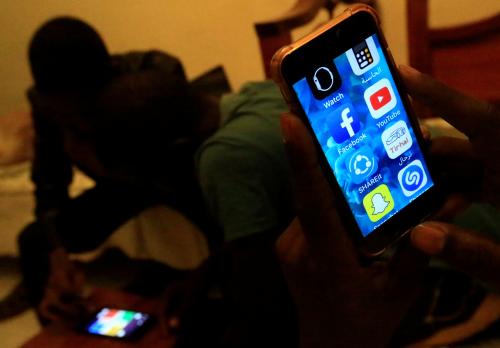
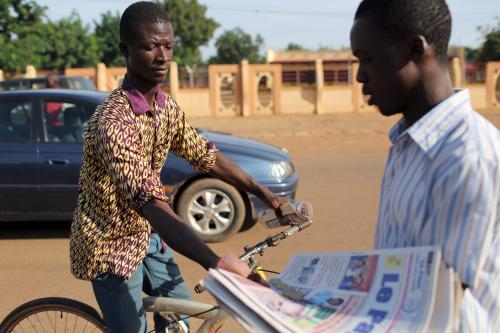
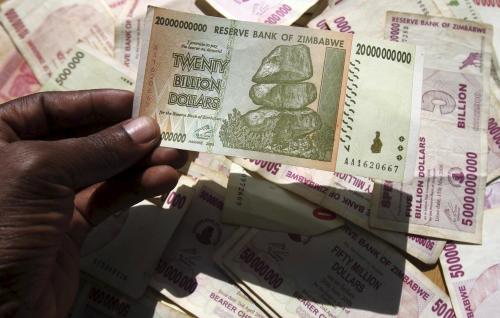
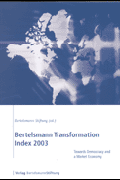
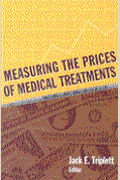




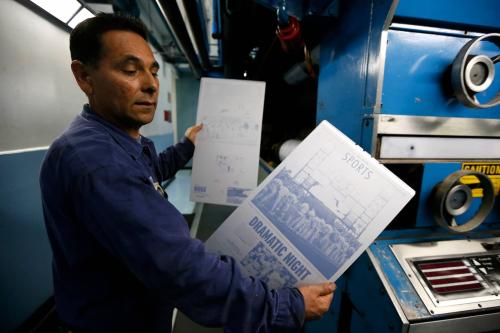
Commentary
Figure of the week: Press freedom in Africa
April 19, 2019